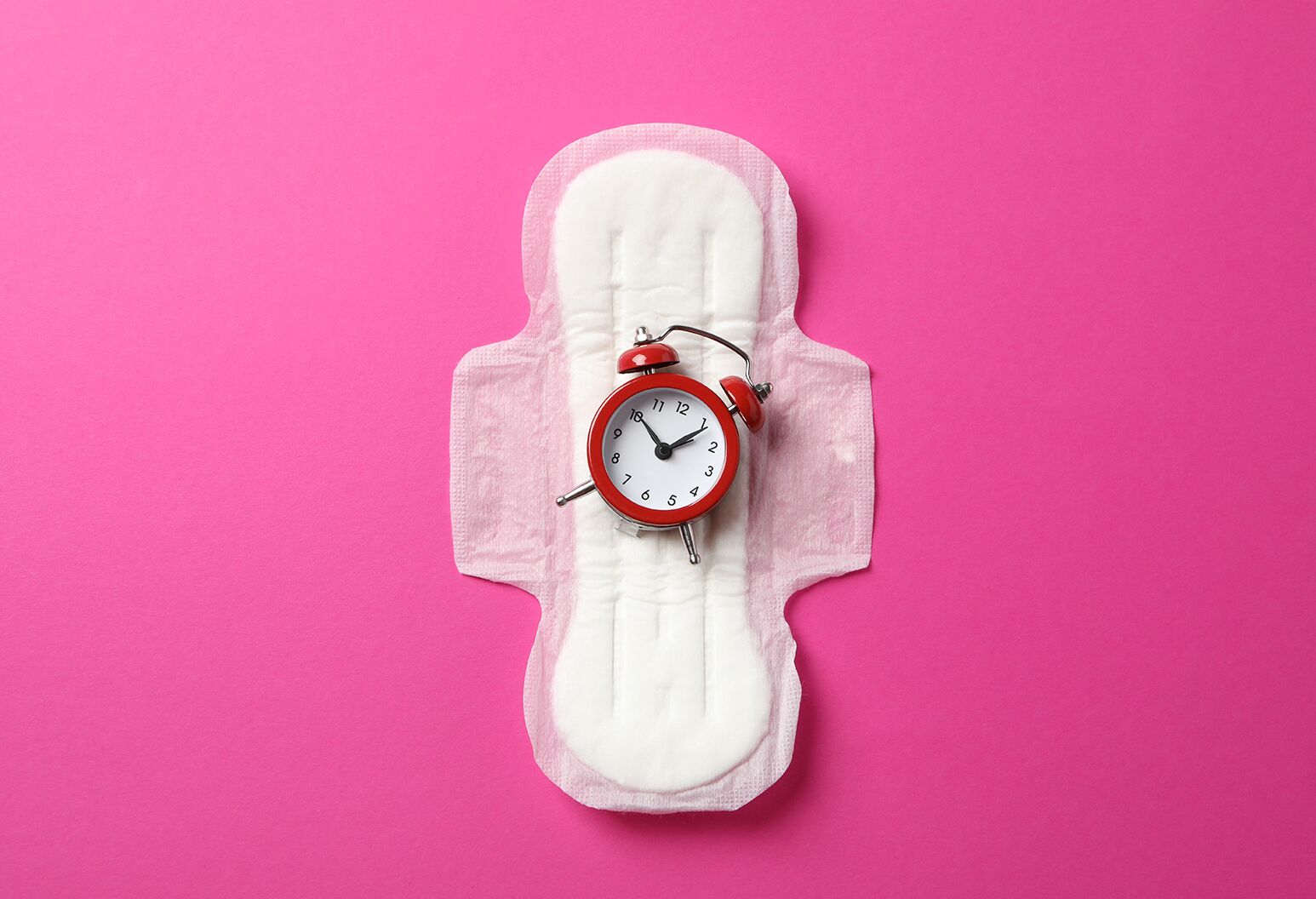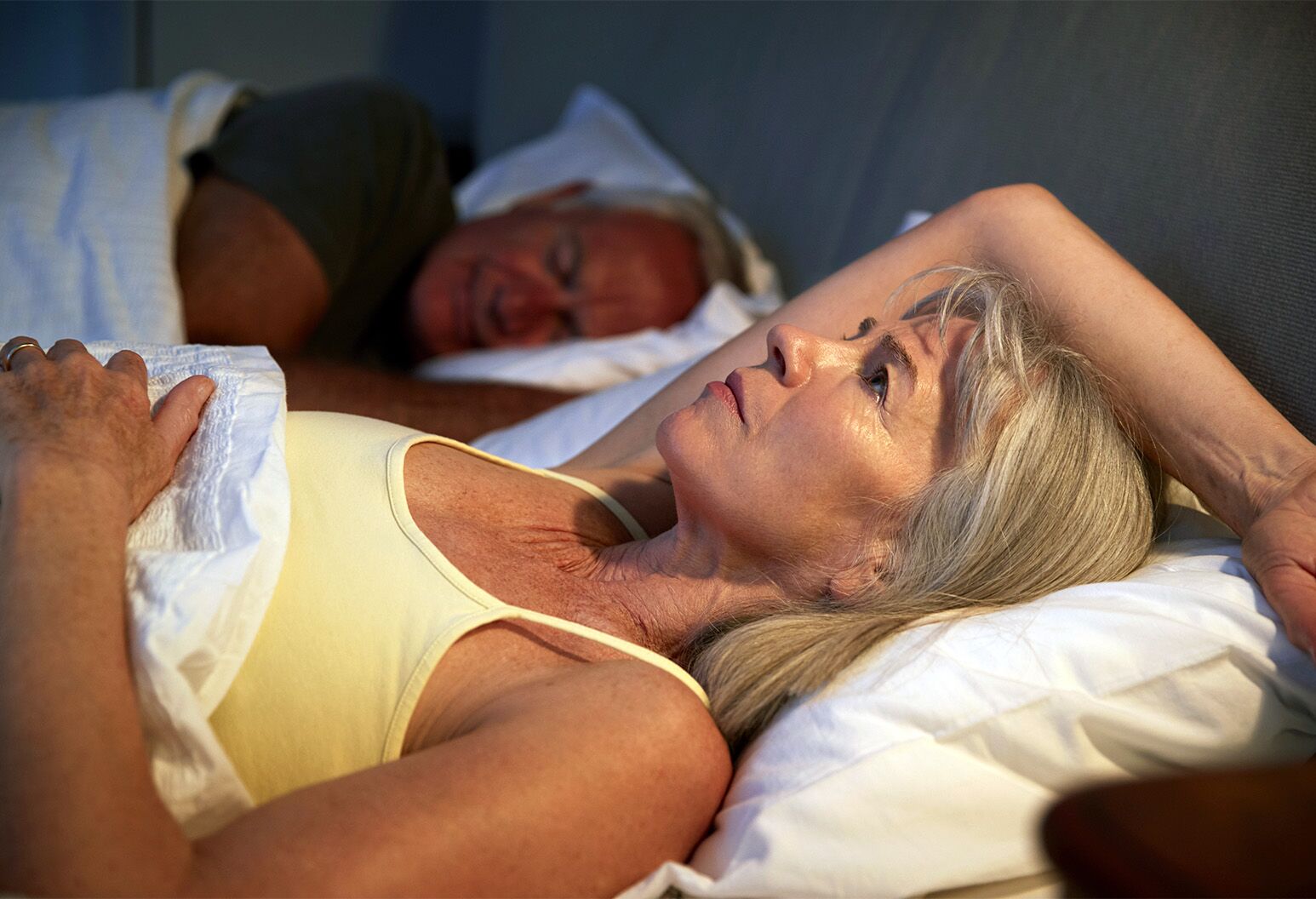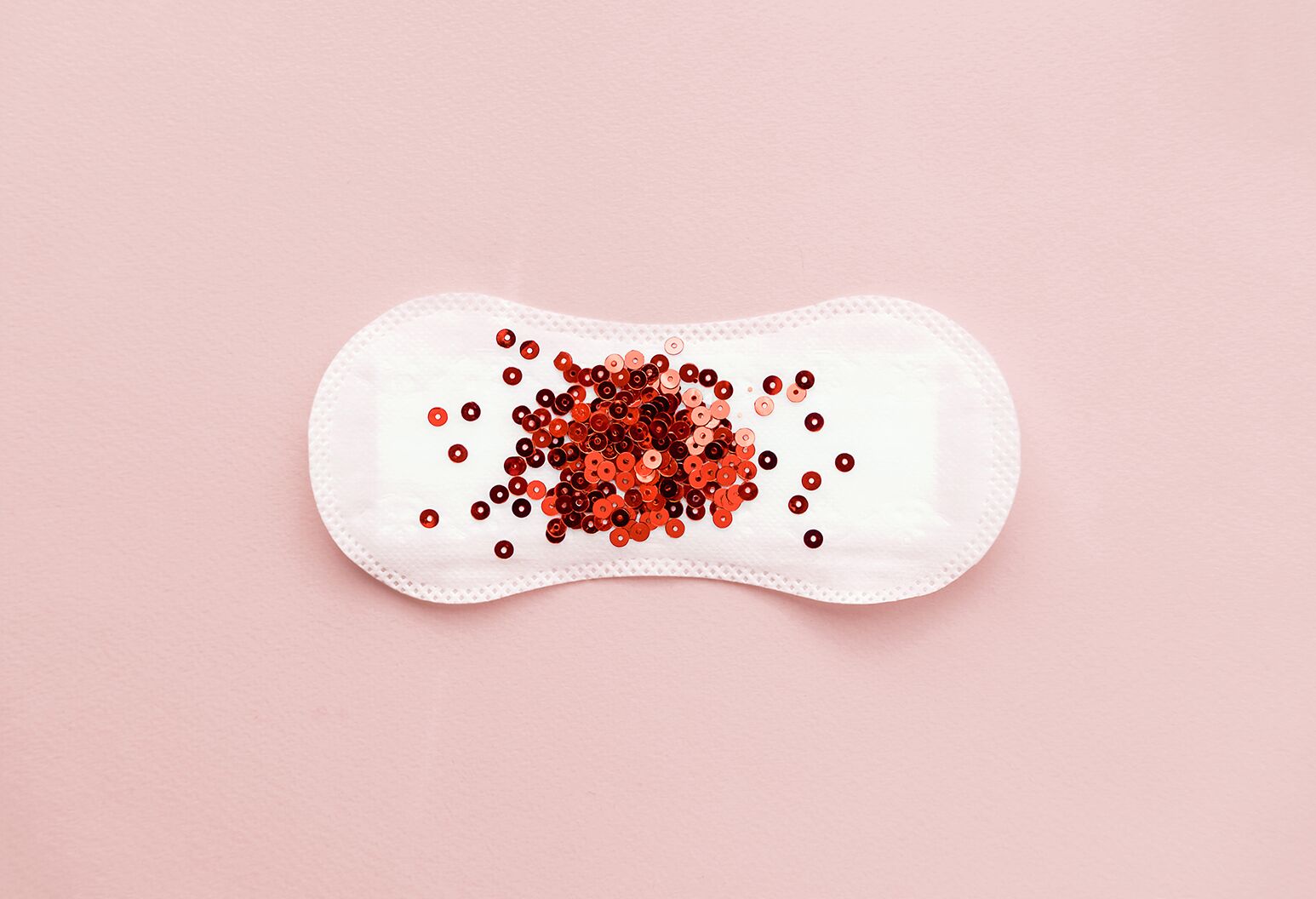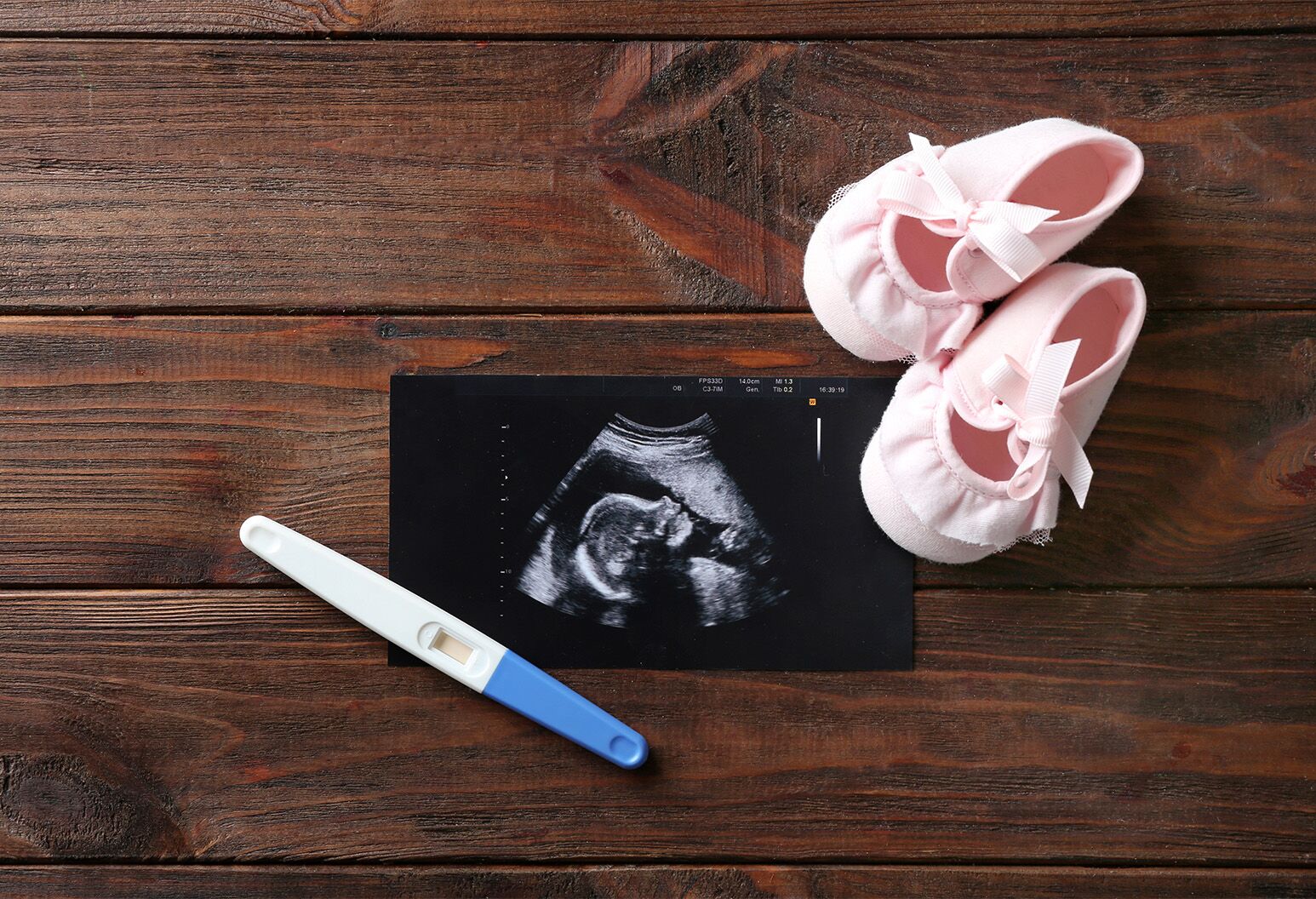Menopause
What is menopause?
Menopause is defined by the 12-month period after one’s last menstrual cycle. The average age for a woman to experience menopause is 51, however, it can begin in a woman’s 40s and 50s. Menopause that occurs before the age of 40 is considered premature menopause.
The postmenopausal period begins after a woman has not experienced a menstrual cycle for a full 12 months. While women will no longer have periods, some women do continue to experience symptoms of menopause.
The Katz Institute’s Menopause & Midlife Health Program has one of the largest teams of providers certified by the Menopause Society, assuring high-quality care for women during all stages of menopause and beyond.
Causes
There are several natural and medically related causes for menopause:
- Natural decline of reproductive hormones
- A result of medical treatments such as chemotherapy and radiation therapy
- Hysterectomy
- Primary ovarian insufficiency
- Surgical menopause (a type of menopause induced by a surgical procedure such as a bilateral oophorectomy, the surgical removal of your ovaries)
At the Katz Institute for Women’s Health, we’re looking at history to shape our future. By putting women first and basing women’s health care on women, we can give them the care they deserve. That's why more women choose Northwell than any other health system in New York.
Symptoms
Common symptoms of menopause include:
- Hot flashes
- Irregular periods
- Vaginal dryness
- Night sweats
- Mood swings
- Weight gain
- Loss of breast fullness
- Joint and muscle aches
- Fatigue
- Insomnia
- Pain during intercourse
Diagnosis
You are considered to be in menopause if you haven’t had a period for 12 months and have no other medical related reasoning for the halt of a menstrual cycle. It can be diagnosed through:
- Clinical history
- Blood test – Although menopause can be confirmed through a blood test, it is important to keep in mind that hormones fluctuate. A blood test only shows hormone levels at the particular time of the administered test
Treatments
Our Menopause and Midlife Medicine Program is staffed with Menopause Society-certified experts who are ready to help during all stages of menopause. Although menopause requires no medical treatment, there are several options that can help manage your symptoms:
- Hormone therapy — Estrogen therapy is considered the most effective treatment for hot flashes specifically. Depending on your individual medical history and condition, your doctor may recommend the lowest dose to relieve your symptoms. In addition, estrogen helps prevent bone loss.
- Vaginal estrogen — This is used to relieve vaginal dryness and can be administered directly to the vagina using cream, a tablet or a ring. Releasing a small amount of estrogen, this treatment option can decrease dryness, discomfort with intercourse and any urinary symptoms.
- Gabapentin — This is typically used to treat seizures, however it has been known to help reduce hot flashes.
- Low-dose antidepressants — Certain antidepressants are linked to the reduction of hot flashes. This is typically helpful for women who can’t take estrogen due to health-related issues.
- Management programs — Our experts offer a menopause management program that offers complementary, integrative and natural alternatives to medicine, in addition to osteoporosis treatment.
- Nutrition therapy – Nutrition can play a role in symptom management—download the PDF to read advice from our registered dietitians. To make an appointment with a nutritionist, call (855) 850-KIWH or request an appointment online.
Learn more about hormone replacement therapy (HRT): The symptoms, stigma—and the truth.












